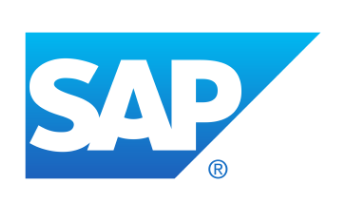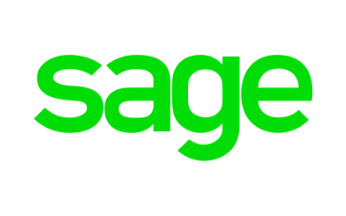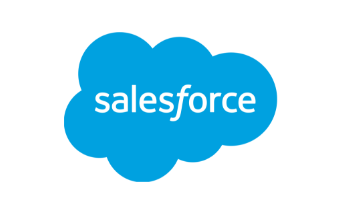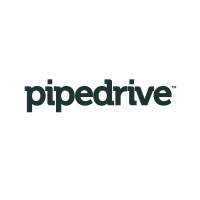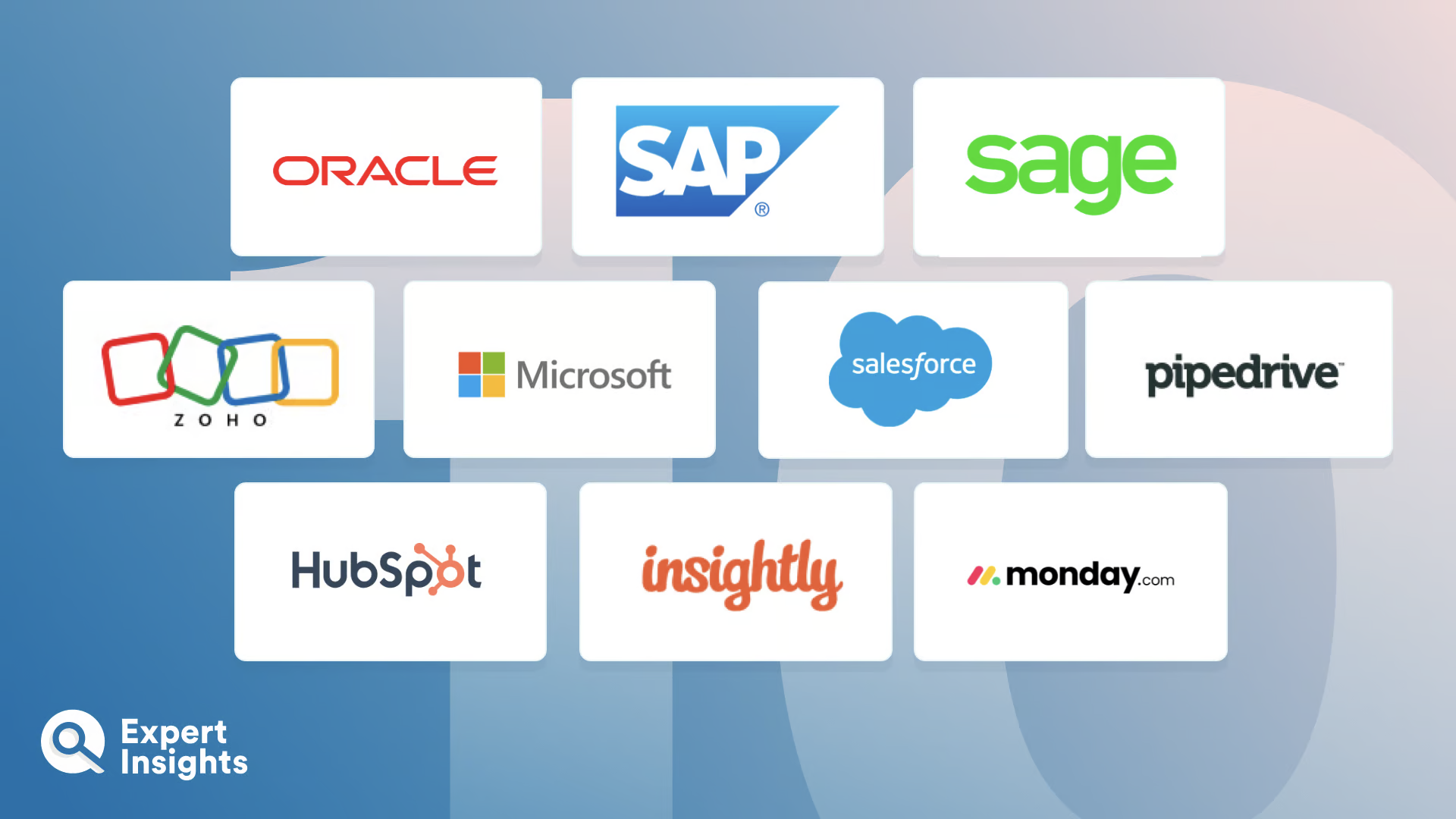Everything You Need To Know About Salesforce Automation Platforms (FAQs)
What Are Salesforce Automation Platforms?
Salesforce automation platforms integrate with a business’ Salesforce account, allowing tasks to be completed autonomously, with the assistance of AI and ML technologies.
Salesforce is a customer relationship management (CRM) platform that is used to help businesses find and manage their customer base, close deals, and streamline customer experience. The platform helps improve internal business communication between teams; connecting sales, marketing, commerce, and IT teams, and ensuring they are working from the same information. By streamlining this communication, you can improve productivity and efficiency.
Salesforce automation tools use AI and ML to automate processes like data ingestion and analysis. This saves valuable time, allowing your sales team to focus on selling, rather than admin. Salesforce automation tools then analyze the data they’ve collected, providing you with intelligent insights to guide business and sales decisions.
Some automation tools can even provide prioritized lists of tasks for a sales representative to complete each day. This ensures that time-critical tasks are not overlooked and that you are making the most of your time. Through complex data analysis, the prioritized list will ensure that your time is spent as productively as possible. High-value leads can be followed up, while poorer-quality ones can be pushed further down the list.
How Do Salesforce Automation Platforms Work?
Salesforce automation platforms work in two main ways. The first way is to improve communication and collaboration through more effective information sharing. The second way is through analyzing and interpreting the data that the platform has access to – thereby improving the value of that data.
What Features Should You Look For In Salesforce Automation Platform?
Salesforce Automation platforms have a wealth of valuable and effective features to help improve productivity, streamline workflows, and drive customer engagement. When looking for a solution, it is worth considering the specifics of your organization and what you need from the platform. With this in mind, we’ve made a list of some of the top features you should look for when considering a solution.
- Customer Database – Salesforce is a useful tool for keeping track of customers and understanding how they interact with your business. A good Salesforce automation platform will allow you to automate the ingestion and ongoing management of your customer database. It should be easy to update, as well as easy to index; you may want to identify all customers who meet specific criteria, for example, in order to send them specific mail.
- Analysis – With the vast quantities of data you have at your disposal, you need to ensure you are making the most of it. Your Salesforce automation solution should ingest customer, business, and contextual data, and then perform insightful analysis on it. This can result in suggestions to improve business efficiency and production, as well as help identify which potential leads are highest value or very close to conversion.
- Reporting – It is important that you can access and understand the insights that the platform is giving you. Any findings should be clearly displayed in relevant graphs and tables. You should be able to customize these graphics to highlight specific findings and illustrate results. Naturally, this information should be easy to export and share with relevant stakeholders.
What’s The Difference Between A CRM and Salesforce Automation?
While they work in similar ways to achieve similar outcomes, CRM and Salesforce automation platforms are not the same thing.
CRMs are designed with customer retention as the overarching goal. This is achieved through improving customer experience and making a sales team’s job easier. If they can streamline their processes, the customer is better served, and more likely to remain a customer.
Salesforce automation tools assist with sales, rather than wider customer relationships. They deliver sales and lead management tools, assisting sales teams with converting leads into sales.
Most good CRMs will include Salesforce automation as a part of their package. Although these are two distinct types of technology, today, many providers offer a hybrid platform with multiple features and benefits.




